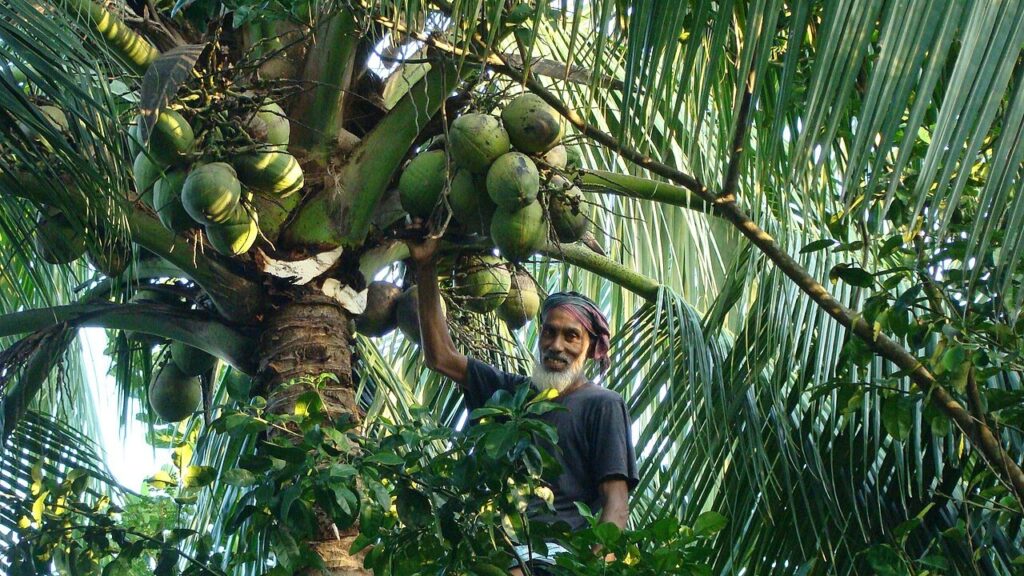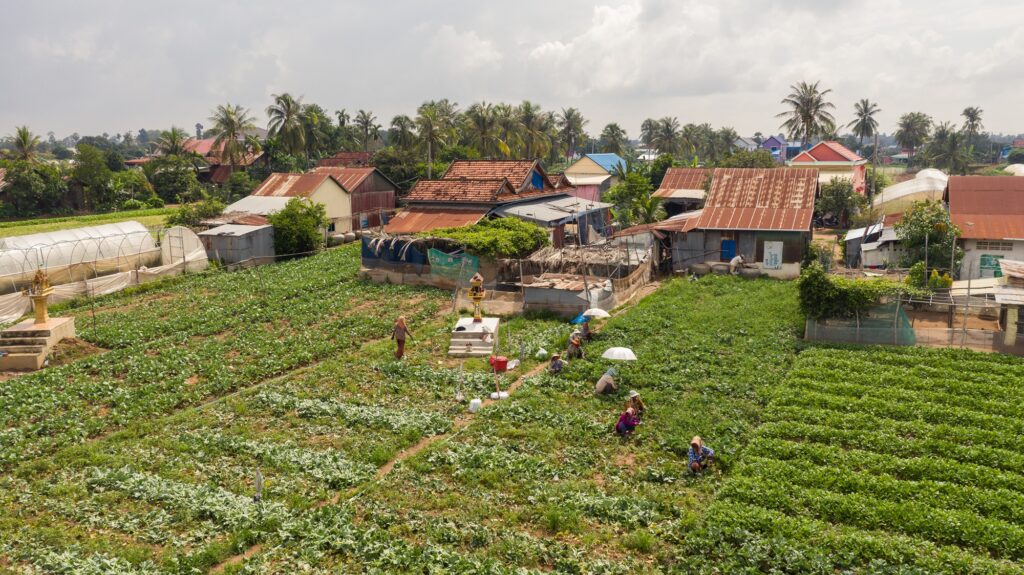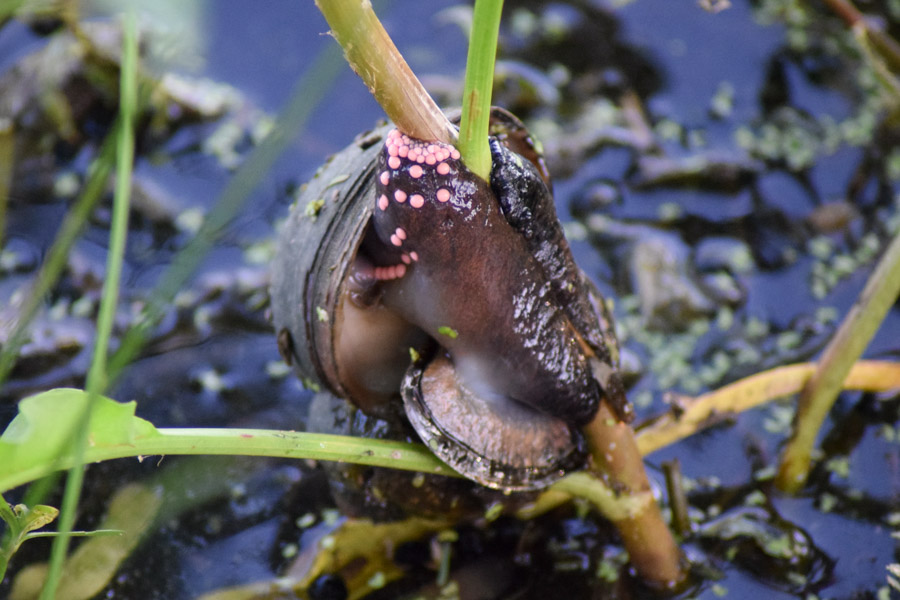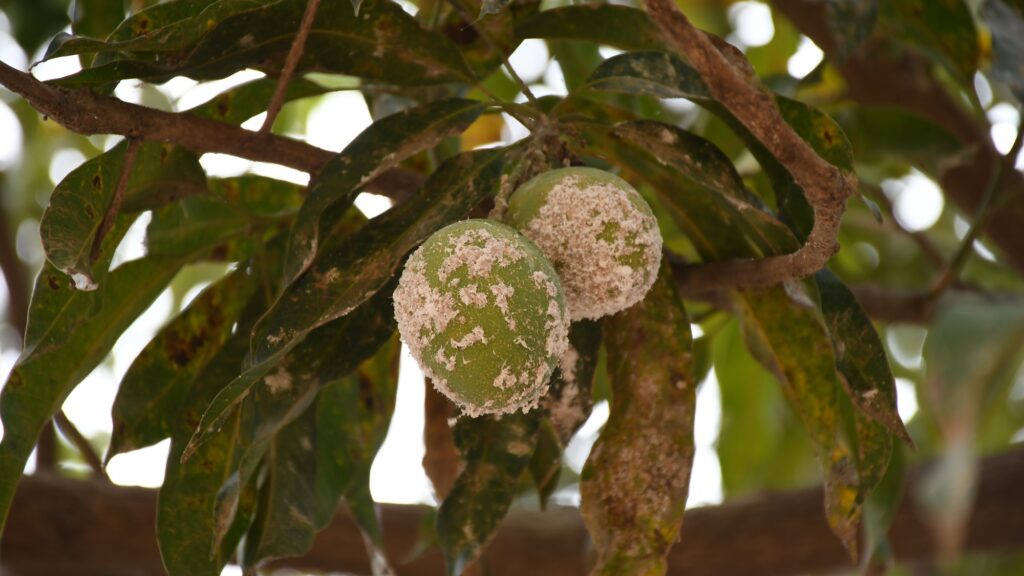Pest preparedness in action: Preventing the coconut hispine beetle invasion in Bangladesh
The coconut hispine beetle (Brontispa longissima) is a destructive pest of palms, including coconut palms. It is a major pest in Southeast Asia, the Pacific and parts of South Asia. For several years, Bangladesh has recognized the potential threat that the beetle poses. It has worked to prevent its outbreak using a pest preparedness strategy.…
Understanding mango mealybug – a significant crop pest
The mango mealybug (Rastrococus invadens) is an invasive pest outside its native home in Southeast Asia. It threatens mango crops, particularly affecting smallholder farmers. This scale insect pest lowers mango yields and quality, and because it’s a quarantine pest, it can also impact trade.
Celebrating success: Zambian smallholders combat cassava brown streak disease
Cassava is a critical crop to Zambia’s economy and food security. According to a 2019 paper, cassava (Manihot esculenta) is one of the most important root staple crops in Zambia. An estimated 30% of Zambians – over four million people – consume cassava as part of their daily diet. Indeed, this crop is so important…










